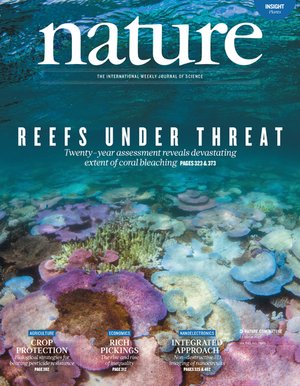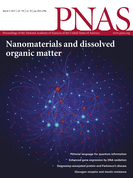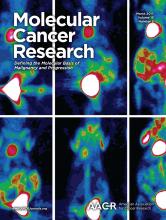 Despite taking some serious hits, a 2006 letter in Nature isn’t going anywhere.
Despite taking some serious hits, a 2006 letter in Nature isn’t going anywhere.
Years ago, a university committee determined that two figures in the letter had been falsified. The journal chose to correct the paper, rather than retract it — and then, the next year, published a correction of that correction due to “an error in the production process.” To round it out, in June of last year, Nature published a rebuttal from a separate research group, who had failed to replicate the letter’s results.
Still, the first author told us there are no plans to retract the paper, since the follow up experiments published in the corrections confirmed the paper’s conclusions.
Continue reading Nature paper adds non-reproducibility to its list of woes
 Two countries have recently announced plans to learn more about research misconduct, with the goal of preventing it from happening in the first place.
Two countries have recently announced plans to learn more about research misconduct, with the goal of preventing it from happening in the first place.




 Two blog posts are shining additional light on a recent retraction that included some unanswered questions — namely, the identity of the researcher who admitted to manipulating the results.
Two blog posts are shining additional light on a recent retraction that included some unanswered questions — namely, the identity of the researcher who admitted to manipulating the results. Pfizer has retracted a paper by a former employee who was fired after the company discovered she had been doctoring data.
Pfizer has retracted a paper by a former employee who was fired after the company discovered she had been doctoring data.